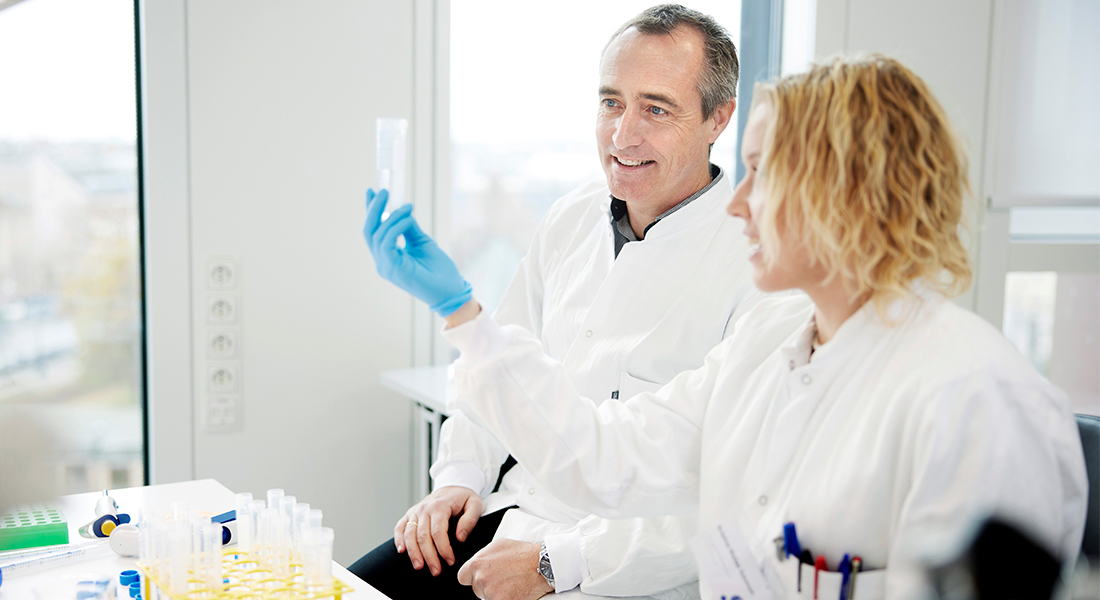Promising research into medical treatment for cocaine abuse
Claus Juul Løland has just received support from the Lundbeck Foundation in the form of an Ascending Investigator research grant of DKK 5 million. And if everything goes as the Danish-American research team hopes, the first drug treating cocaine addiction should be on the market within a foreseeable number of years.

In collaboration with American colleagues from the National Institute on Drug Abuse, Claus Juul Løland and his lab have developed a drug that has been shown to block the rewarding effect of cocaine. Experiments from the lab show that if this drug is given to mice, they will not experience any effects from taking cocaine. "And we expect that the same will be the case with humans - the 'rush' from cocaine will simply be absent", says Claus Juul Løland.
However, this drug must be further optimized and safety tested in animal experiments before it can be tested as part of the treatment of people with a cocaine addiction, a process, which is now underway. The drug that Claus Juul Løland and his collaborators are working on developing into a medical treatment drug is a variant of modafinil, which is traditionally used against narcolepsy.
Modafinil normally has nothing to do with the treatment of cocaine addiction. But when the drug nevertheless is thought to have great potential in this field, it is connected with something very unusual.
Modafinil and cocaine - which are in many ways completely different chemical substances - have the one thing in common that they can stop the clearing of dopamine. “What we find striking, is that even though they have this common pharmacological function, the physiological reaction is completely different: cocaine is rewarding and a stimulant but modafinil and its variants have none of these effects. Our task in this project, is to elucidate why the two drugs are so different when they target the same protein”, says Claus Juul Løland.
Read an article (in Danish) published in the Danish newspaper, B.T.
